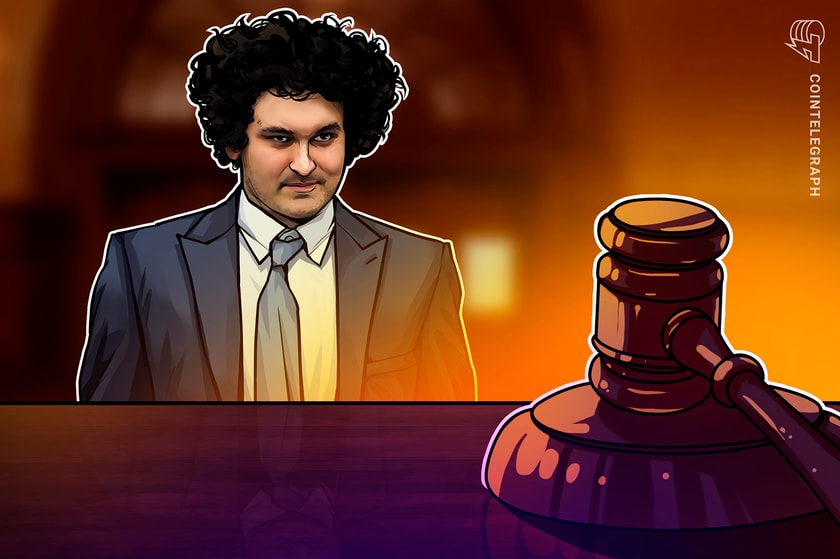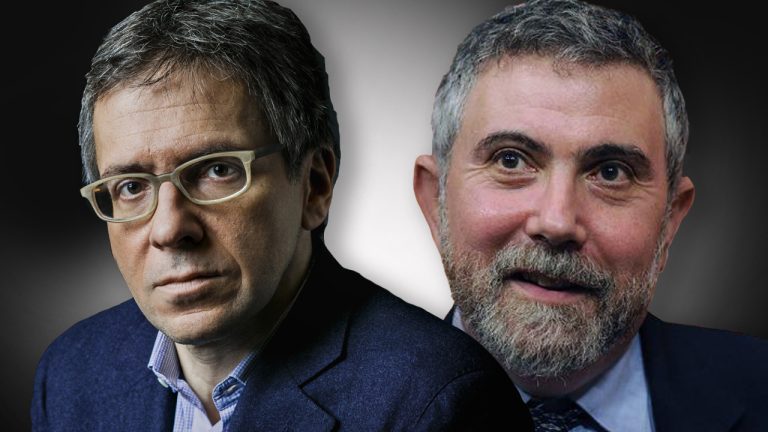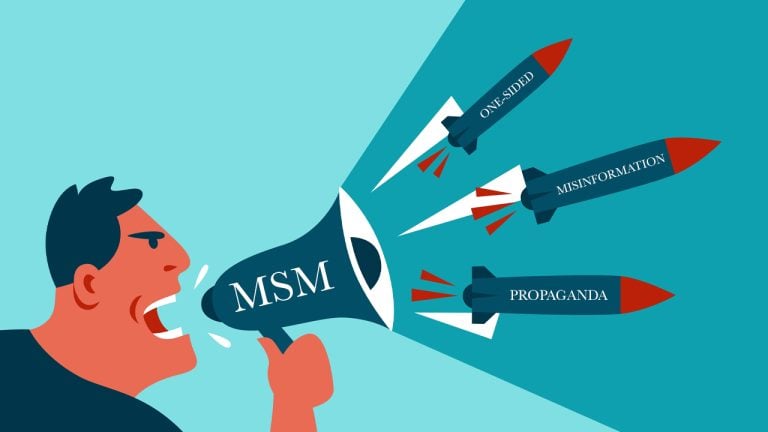
US Federal Reserve Chair Jerome Powell also dismissed the idea that people see Bitcoin as a symbol of a lack of faith in the US dollar.
United States Federal Reserve Chair Jerome Powell has reiterated his view that Bitcoin is a direct competitor to gold and isn’t a threat to the US dollar.
“People use Bitcoin as a speculative asset. It’s just like gold, only it’s virtual, it’s digital,” Powell said at The New York Times-hosted DealBook Summit in New York on Dec. 4.
The Federal Reserve Chair has made these comments before, comparing Bitcoin (BTC) to gold during an event hosted by the Bank for International Settlements in March 2021 when Bitcoin was trading at just $58,200.
Cryptocurrencies like Bitcoin are highly speculative, and “they’re not backed by anything,” Powell said at the time.










